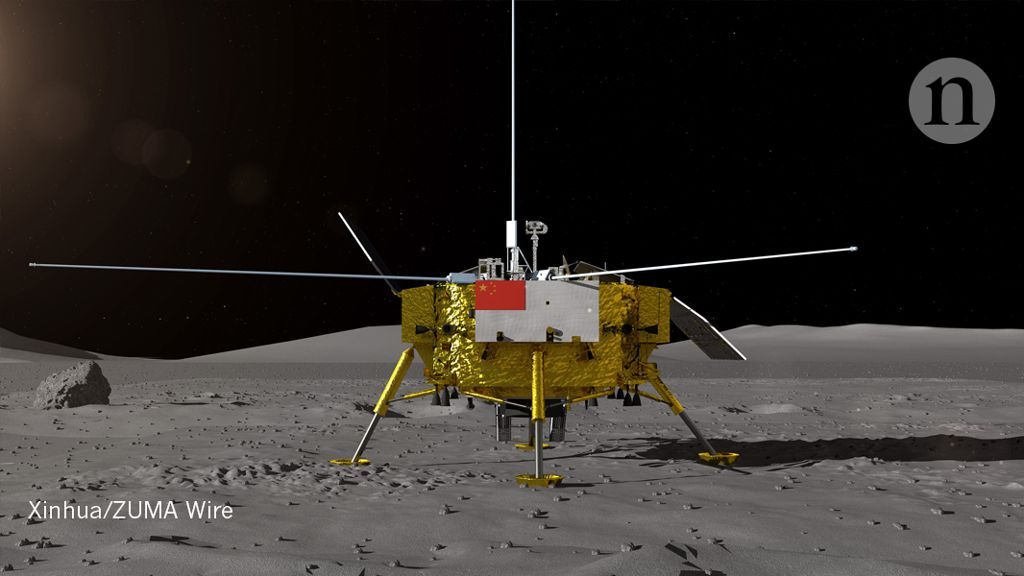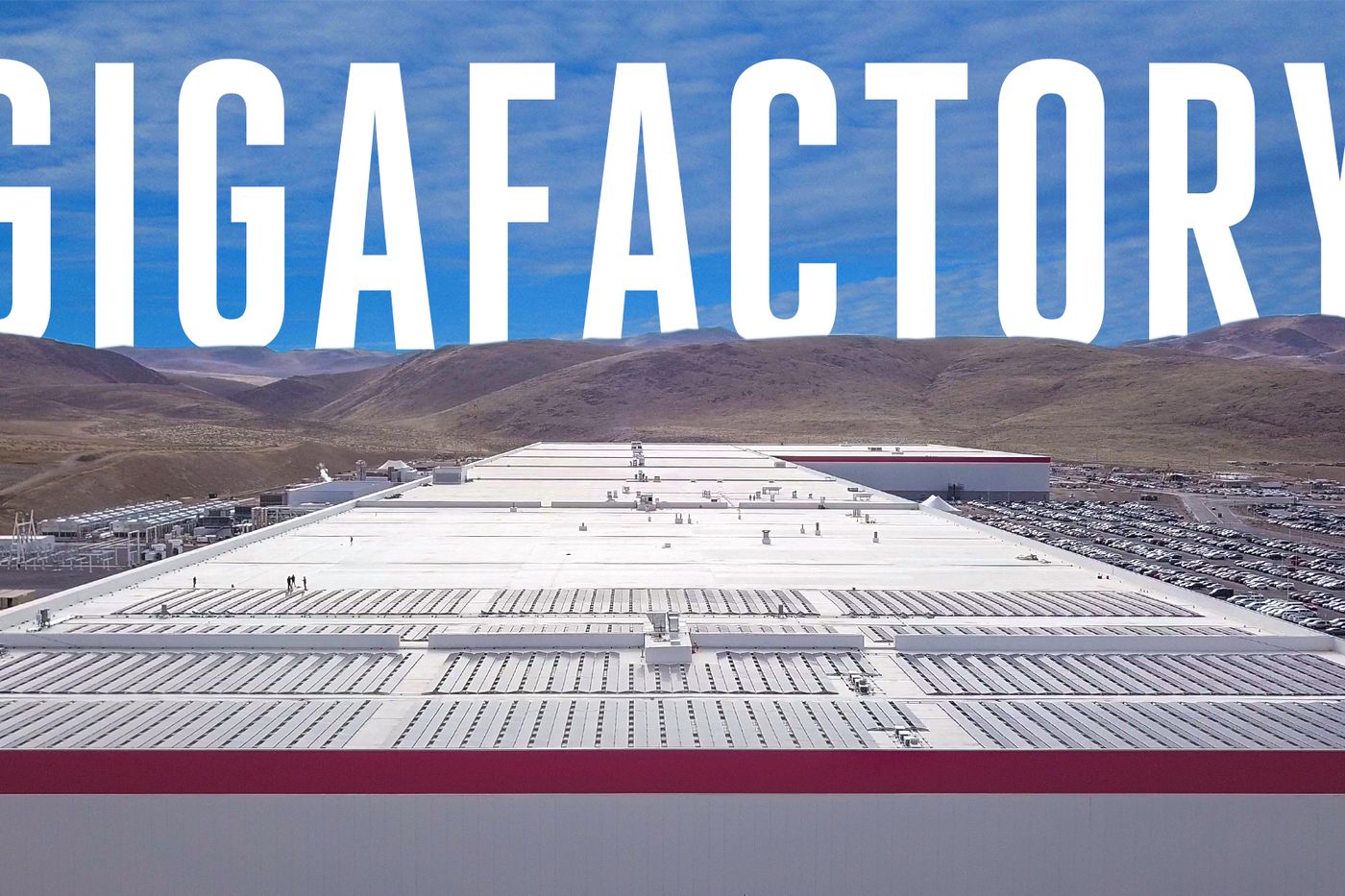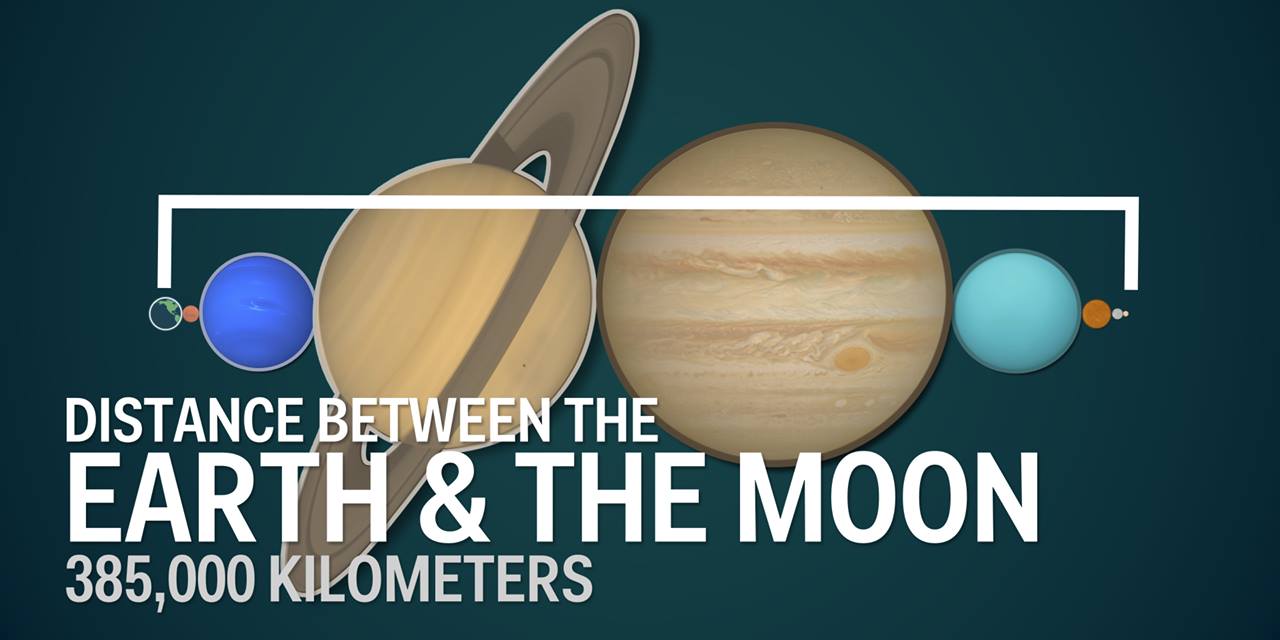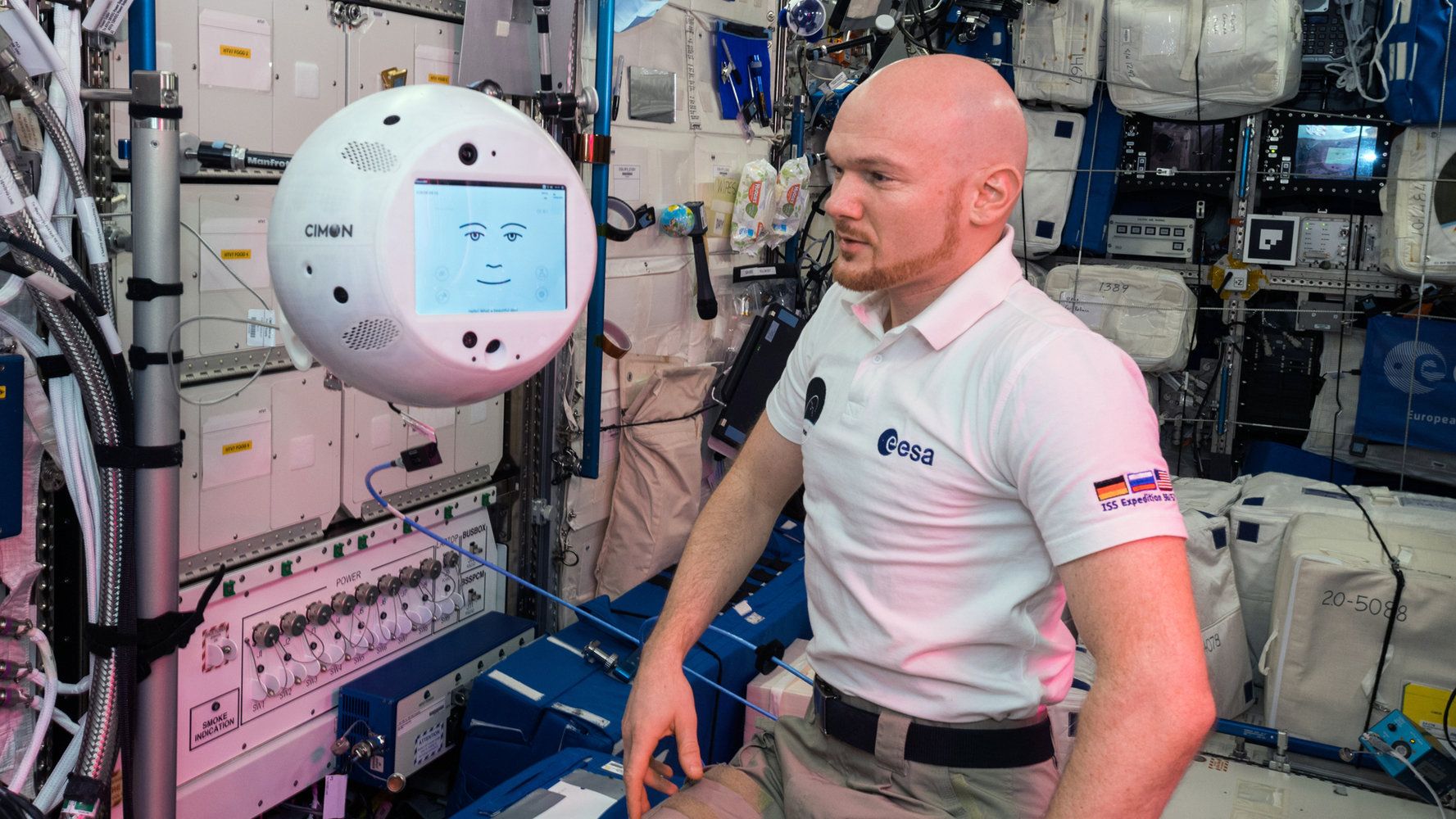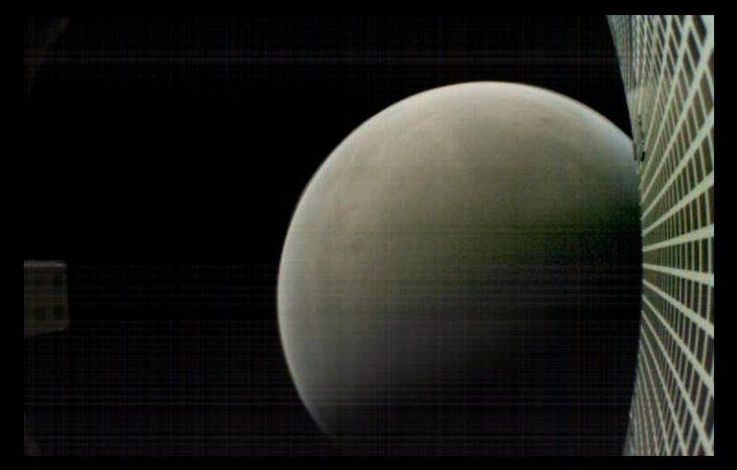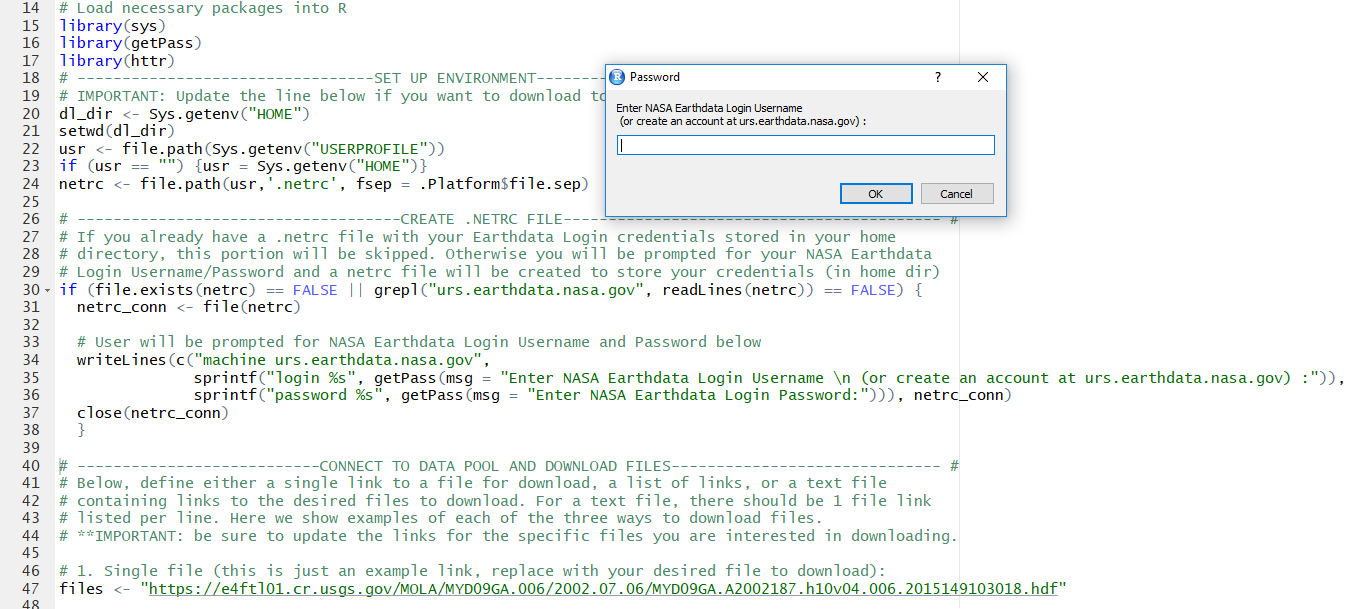During my first full day here, I broke my first record by generating more electrical power than any previous robot on the surface of Mars. I’m in a sandy area with few rocks, soaking up the Sun. 🌞 More about where I landed: http://go.nasa.gov/2RvGiMl&h=AT18X8EjCOTXbtitHthnNUzrg5IiHWx…p1W1lBoVnw

